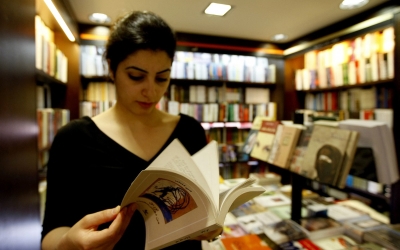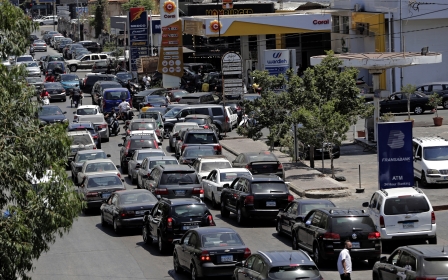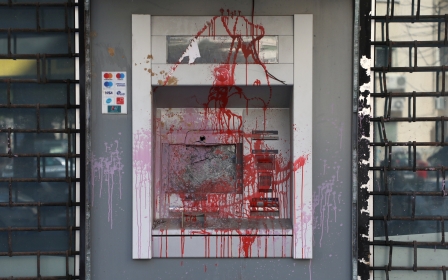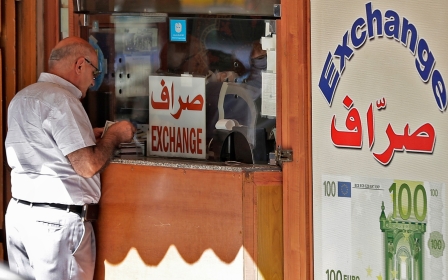Lebanon: Massive strike over economic crisis coopted by politicians
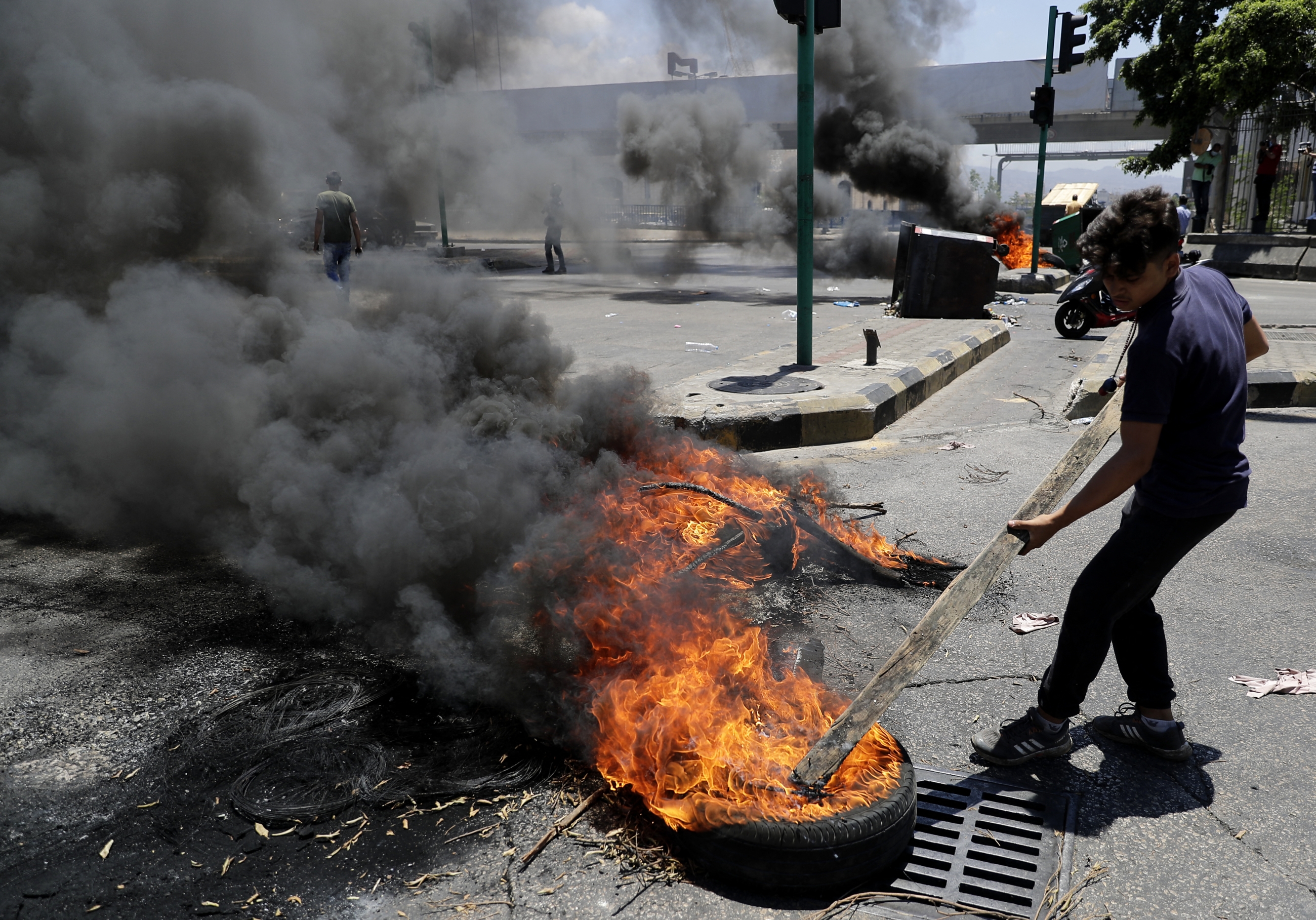
Government offices, banks, shops and businesses are taking part in a strike across Lebanon on Thursday, demonstrating against the country's terrifying economic crisis and the corruption of the political class.
Protesters have set up roadblocks in Beirut and other cities, burning tyres and other equipment, and bringing traffic on main roads to a standstill.
The road to Beirut airport is one the most prominent blocked roads, with bin fires there sending plumes of smoke out into the air.
Lebanon has been without a government since August, when an explosion in Beirut port ripped through the city, leaving some 200 dead and prompting Prime Minister Hassan Diab to resign.
Yet Diab remains in place, with prime minister-designate Saad Hariri struggling to form a new government as Lebanon's economic crisis deepens. Across the country, protesters have urged leaders to form a cabinet and rescue the economy.
The economic collapse has affected almost every aspect of life in Lebanon. In recent days, there has been a crippling fuel shortage, with hundreds of cars seen queuing up outside petrol stations last week.
The lack of fuel has also threatened the running of private generators, which many people rely on for electricity due to the total inadequacy of state-provided power.
On Friday, pharmacies in the country went on a two-day strike over the central bank failing to provide businesses with dollars at a preferable exchange rate, making the import of essential medicines difficult.
The lack of medication and baby formula has caused panic in the country, particularly as hospitals continue to grapple with the coronavirus pandemic.
Political leaders ridiculed
Though the majority of striking Lebanese are protesting against politicians' inability to handle the economy and their role in creating the situation in the first place, political parties are themselves supporting the strike.
This support has been ridiculed, with people highlighting the irony on social media, many using the hashtag "the authorities revolt".
“Let me get this straight. The same corrupt government, criminal ruling class that blew up this city are actively protesting against themselves...? In what world is this acceptable?” one Twitter user wrote.
Translation: Authorities protest against themselves
Translation: The parties in power are demonstrating and holding sit-ins, expressing their anger at state institutions. Is it really possible for them to be demonstrating against people?
Lebanon's currency has lost over 90 percent of its value since October 2019, leaving many people unable to afford basic necessities.
A recent report published by the World Bank said that Lebanon’s economic crisis is likely to be one of the world’s worst in over 150 years.
According to the report, Lebanon’s GDP fell from close to $55bn in 2018 to around $33bn in 2020, causing a surge in inflation which is expected to worsen this year.
The report also said over half of the population is likely to be living below the poverty line, as they suffer from plummeting purchasing power and higher rates of unemployment.
Middle East Eye delivers independent and unrivalled coverage and analysis of the Middle East, North Africa and beyond. To learn more about republishing this content and the associated fees, please fill out this form. More about MEE can be found here.


